Poaching is slowly becoming a thing of the past in parts of Zimbabwe! A highly-effective all-female anti-poaching ranger unit called the Akashinga is protecting wildlife and revolutionizing the fight against illegal trophy hunting.
Since being founded in 2017 as part of the International Anti-Poaching Foundation (IAPF), the Akashinga (meaning The Brave Ones in the Shona language) helped reduce elephant poaching in Zimbabwe’s Lower Zambezi Valley by a whopping 80 percent.
To celebrate their achievements, National Geographic recently released a short documentary about the Akashinga on World Elephant Day, August 12.
More info: Facebook (Akashinga) | Facebook (IAPF) | Twitter | Instagram | YouTube | IAPF.org
Meet the Akashinga: an all-female unit of rangers protecting wildlife from poachers in Zimbabwe
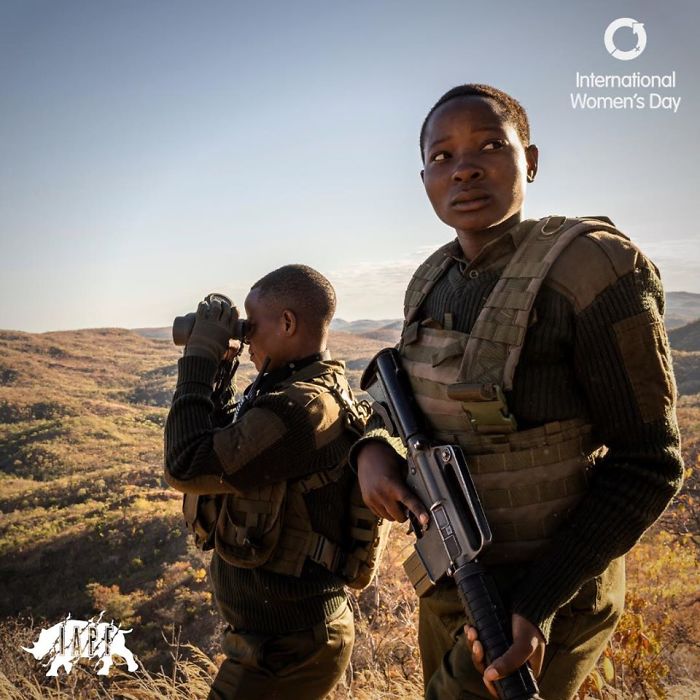
Image credits: akashinga
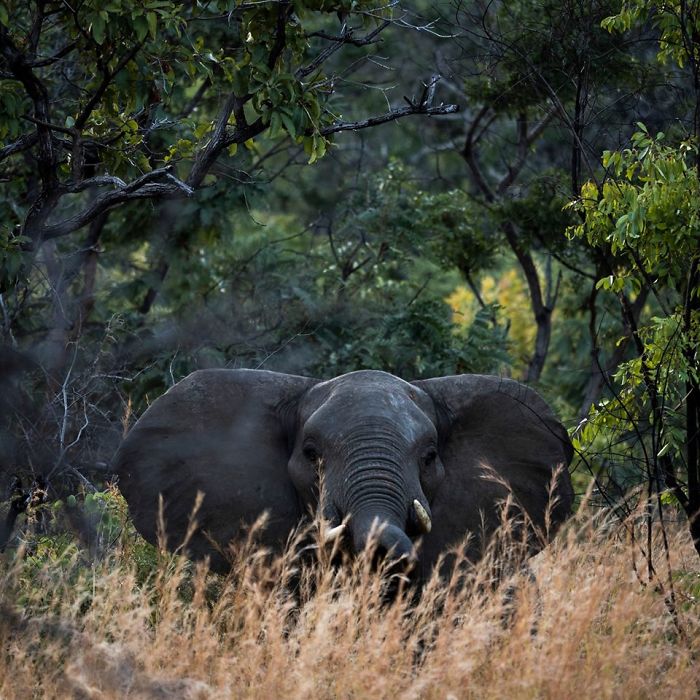
Image credits: akashinga
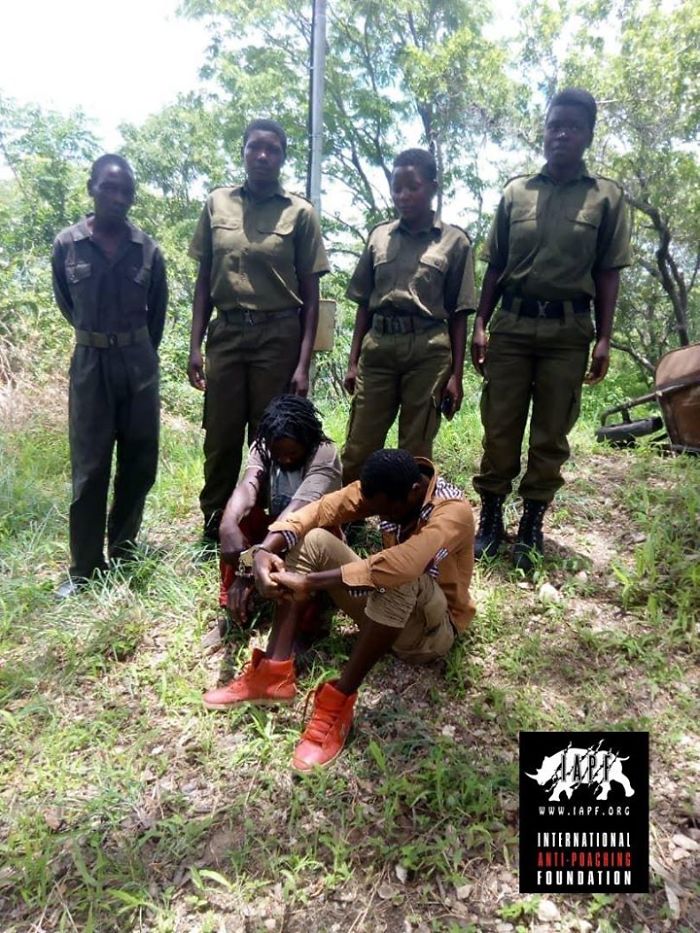
Image credits: iapf
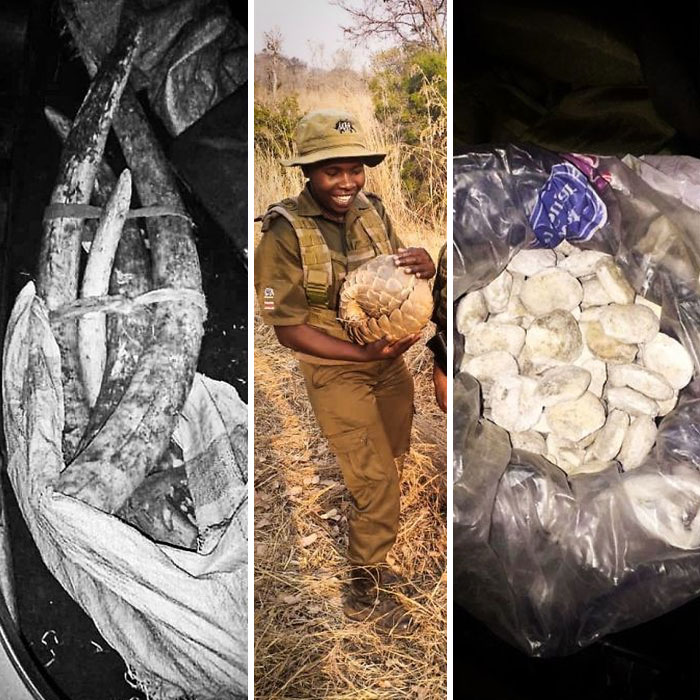
Image credits: akashinga
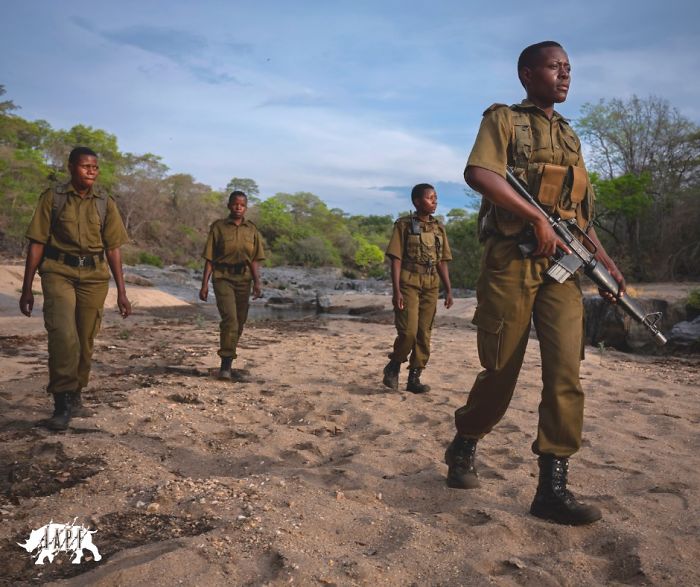
Image credits: akashinga
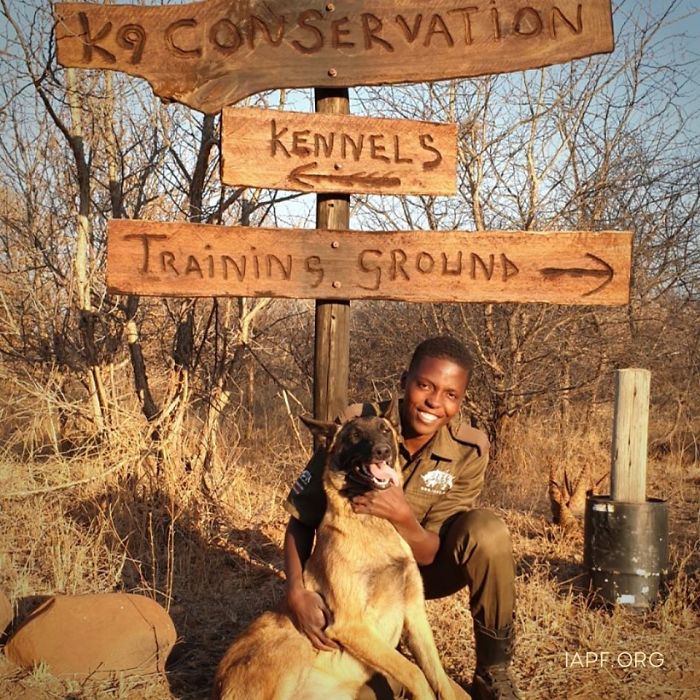
Image credits: akashinga
The Akashinga is made up of disadvantaged women, many of whom are survivors of domestic abuse or sexual assault. They patrol Zimbabwe’s 115-square-mile Phundundu Wildlife Area, managed by the IAPF and protect not only elephants but other animals as well, including rhinos and lions. Currently, around 85k elephants live in Zimbabwe.
The dangers to these animals come not just from poachers directly but also from the cyanide and snare traps they leave behind which can seriously harm or kill the local fauna.
The rangers are armed and trained like members of the special forces
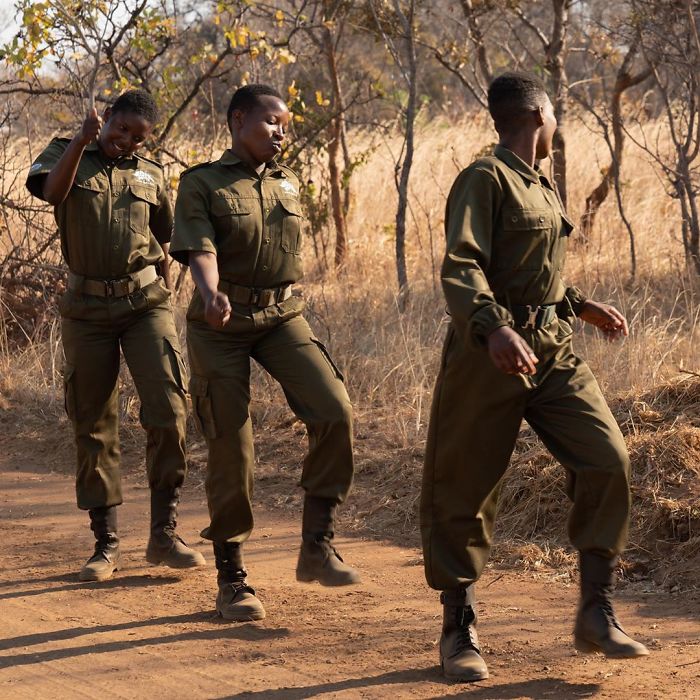
Image credits: int.anti.poaching.foundation
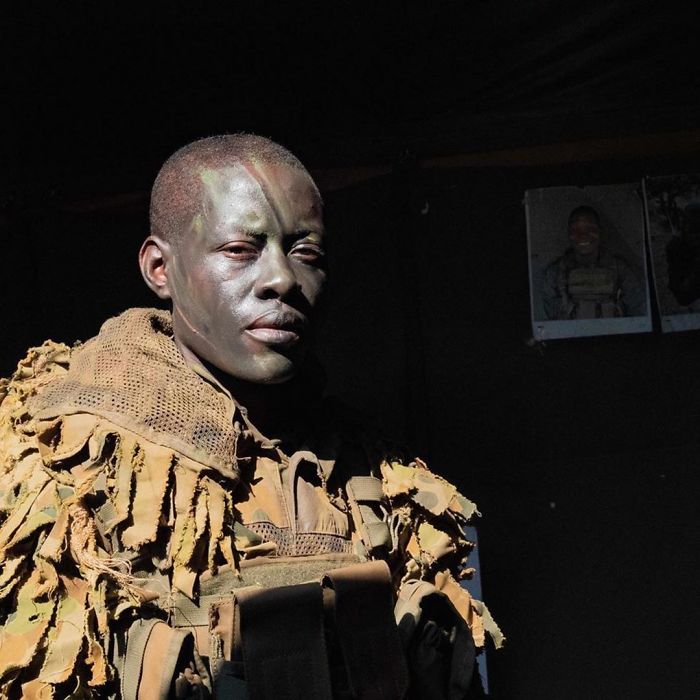
Image credits: sharonaminawarner
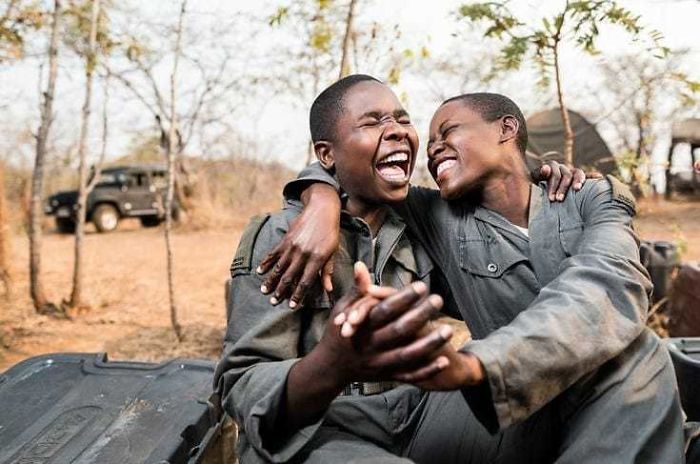
Image credits: nuevometodo
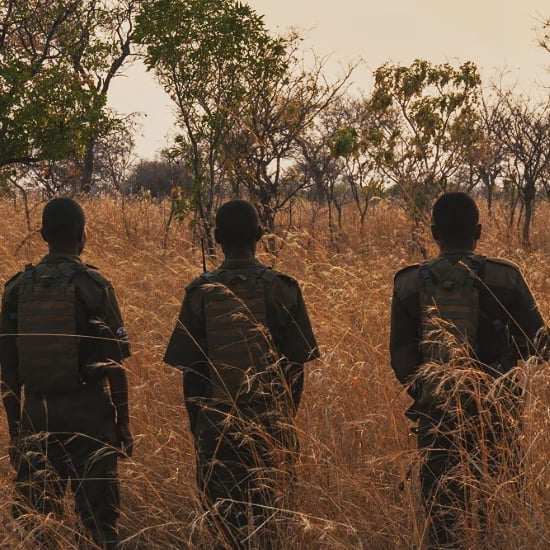
Image credits: pygmygorilla_
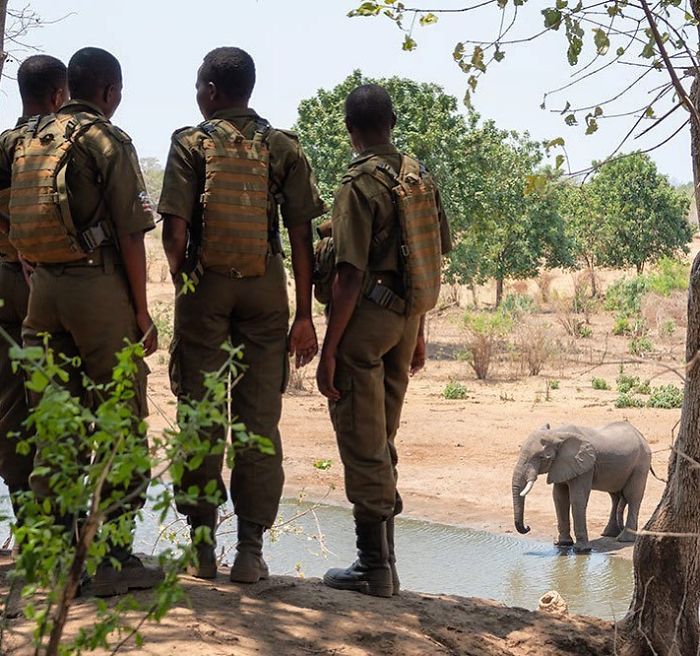
Image credits: globalconservationwatch
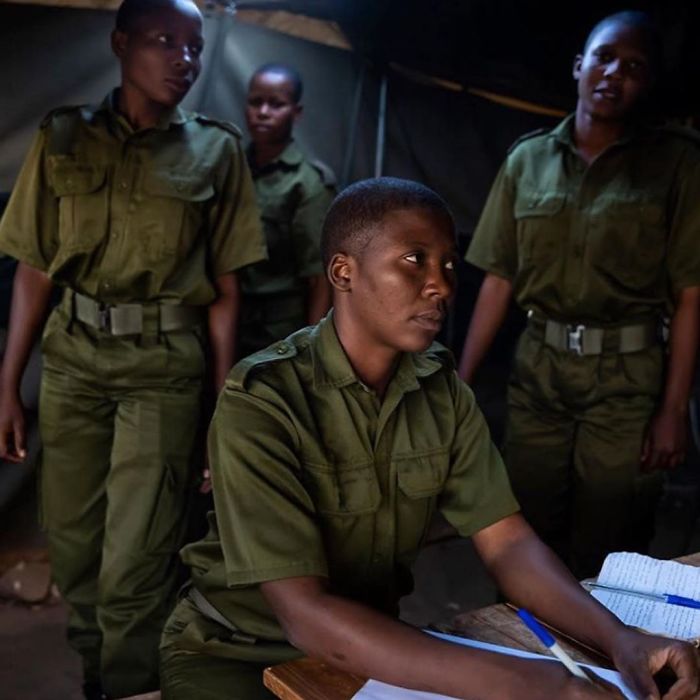
Image credits: onepointfivebsf
The Akashinga was founded by former Australian special forces soldier and anti-poaching figure Damien Mander who favors a ‘community buy-in’ approach instead of a full-on armed assault against poachers. In other words, he believes that once a community understands the economic benefits of preserving wildlife, poaching will be eliminated peacefully.
The IAPF plans to employ 1k female rangers by 2025 in order to protect 20 nature preserves. The Akashinga program doesn’t just benefit nature, though: it’s also a way for women to rebuild their lives, feel empowered, and become leaders of their communities.
The Akashinga have had great success in the fight against poaching so far
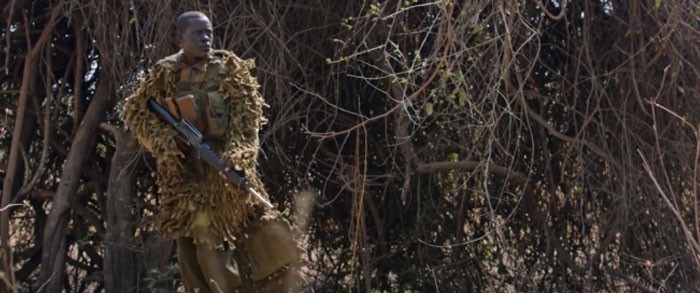
Image credits: nationalgeographic
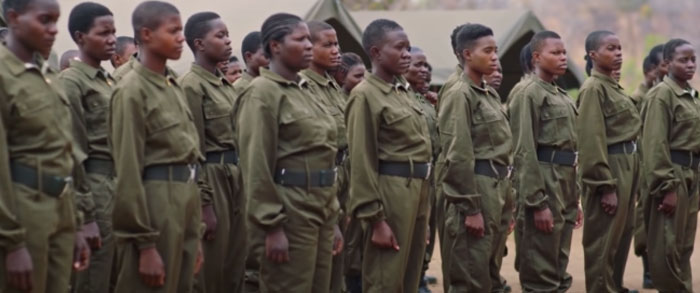
Image credits: nationalgeographic
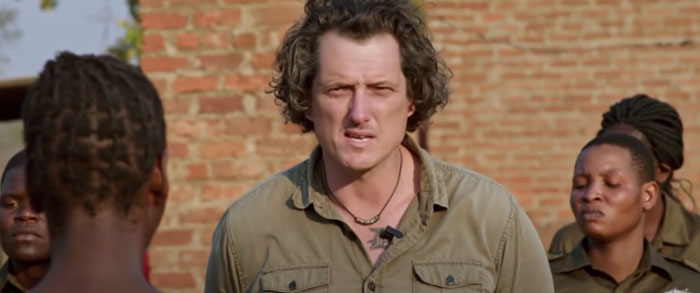
Image credits: nationalgeographic
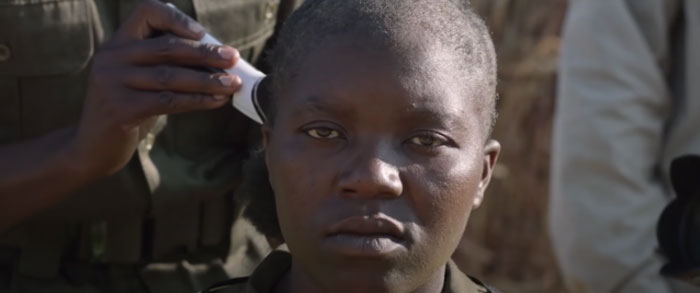
Image credits: nationalgeographic
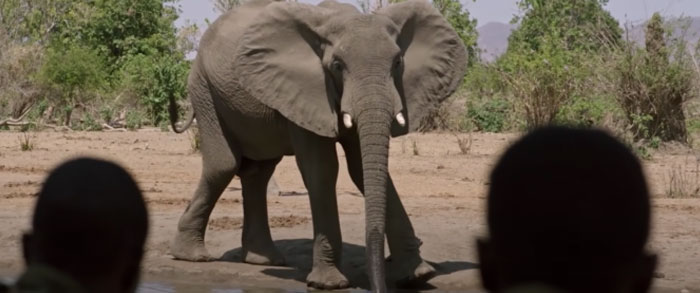
Image credits: nationalgeographic
National Geographic released a short documentary about The Brave Ones on World Elephant Day

Image credits: natgeodocs
“As a woman, I was focused on using Akashinga as a tool to fight my battle for a better life. I can now feed my kids and pay school fees for them. I acquired a driver’s license, which is a big deal for women in Africa! I am also building a big house for my children. Now I have the pride of having my own future,” one of the rangers featured in the Nat Geo documentary, 30-year-old single mother of two Petronella Chigumbura, told Elle how the program turned her life around.
You can watch the full Nat Geo documentary right here
Meanwhile, 28-year-old sergeant Nyaradzo Auxillia Hoto explained that she wanted to prove the stereotype that only men can become rangers wrong. “At first, my community couldn’t believe a woman could be a ranger. But the sky is the limit, and women can also be rangers. I managed to pursue my educational dreams. I dropped out of school many years ago; I am now a part-time student at one of the universities in Zimbabwe, pursuing a bachelor’s degree with honors in science, wildlife, ecology, and conservation. I also managed to buy a plot of land in our community.”
She added: “Animals shouldn’t suffer or feel pain for the sake of our needs and desires. They have the right to live and enjoy their life. They also have an aesthetic value, a natural beauty, and artistic value that I find so lovely.”
Here’s what people said about the Akashinga

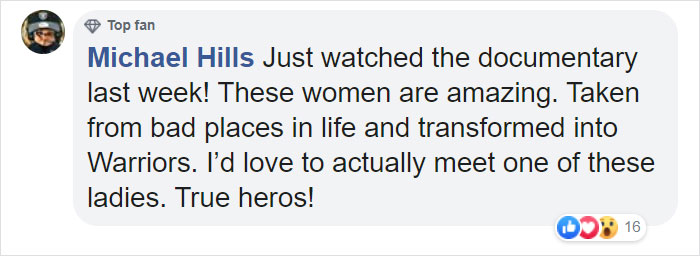


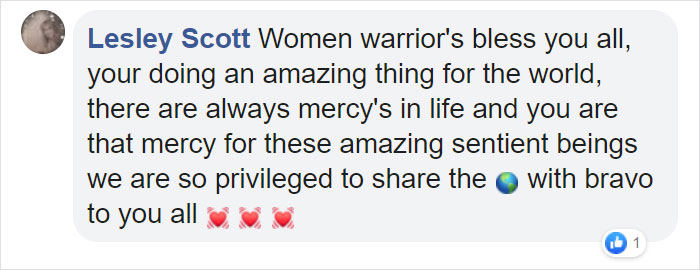
from Bored Panda https://ift.tt/31aeHrd
via IFTTT source site : boredpanda